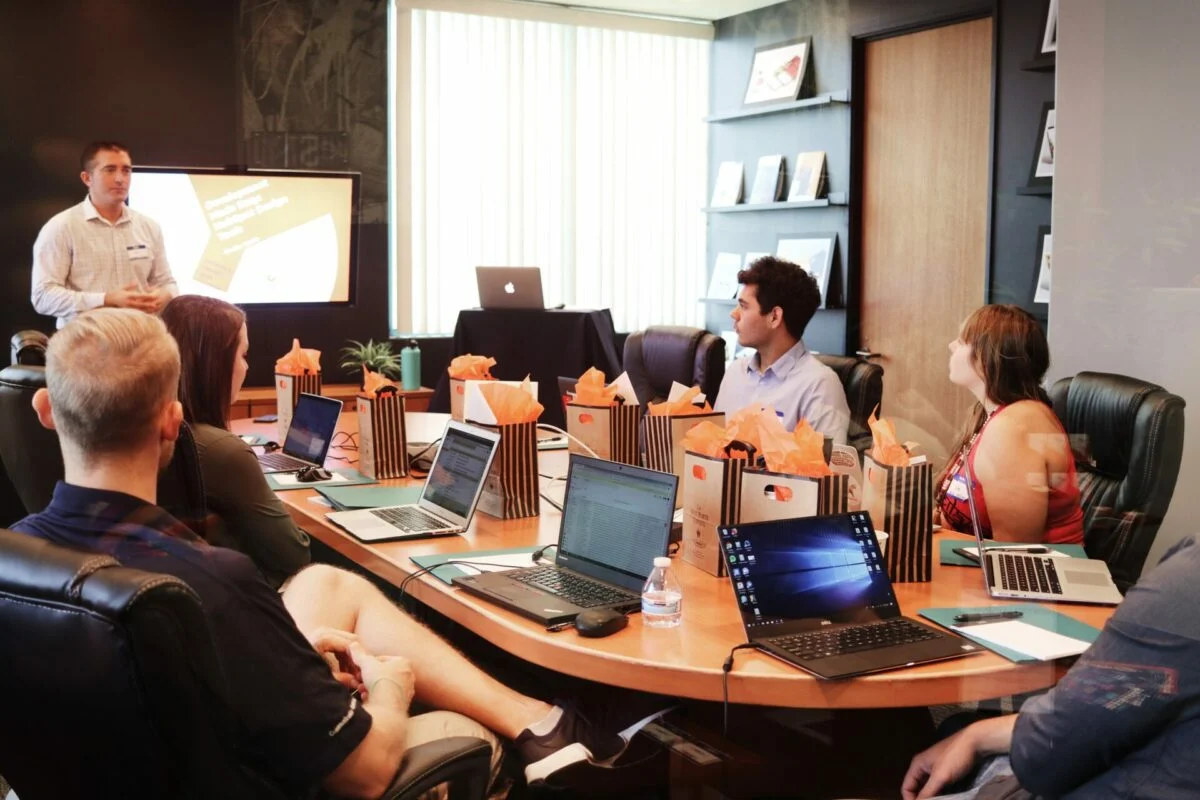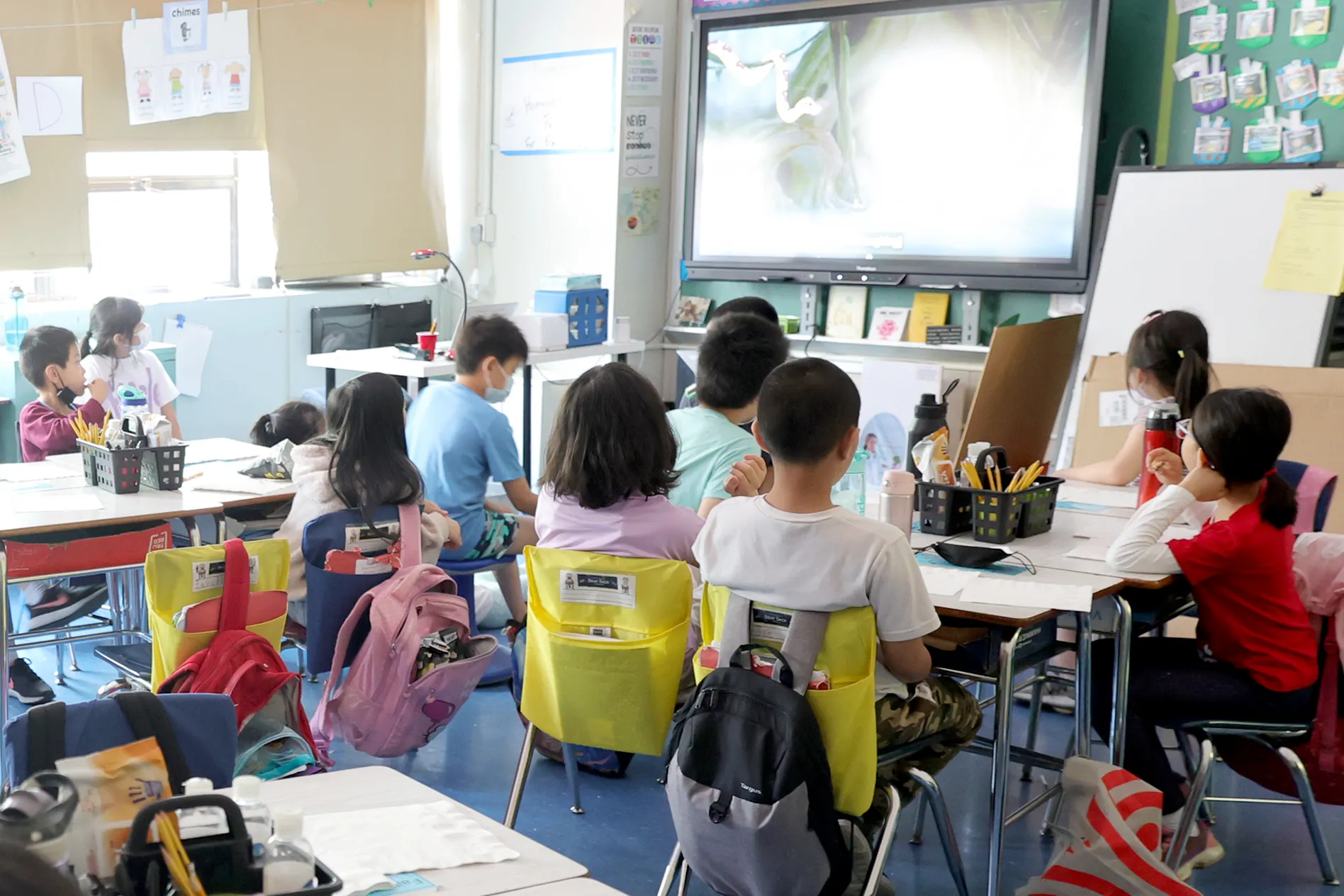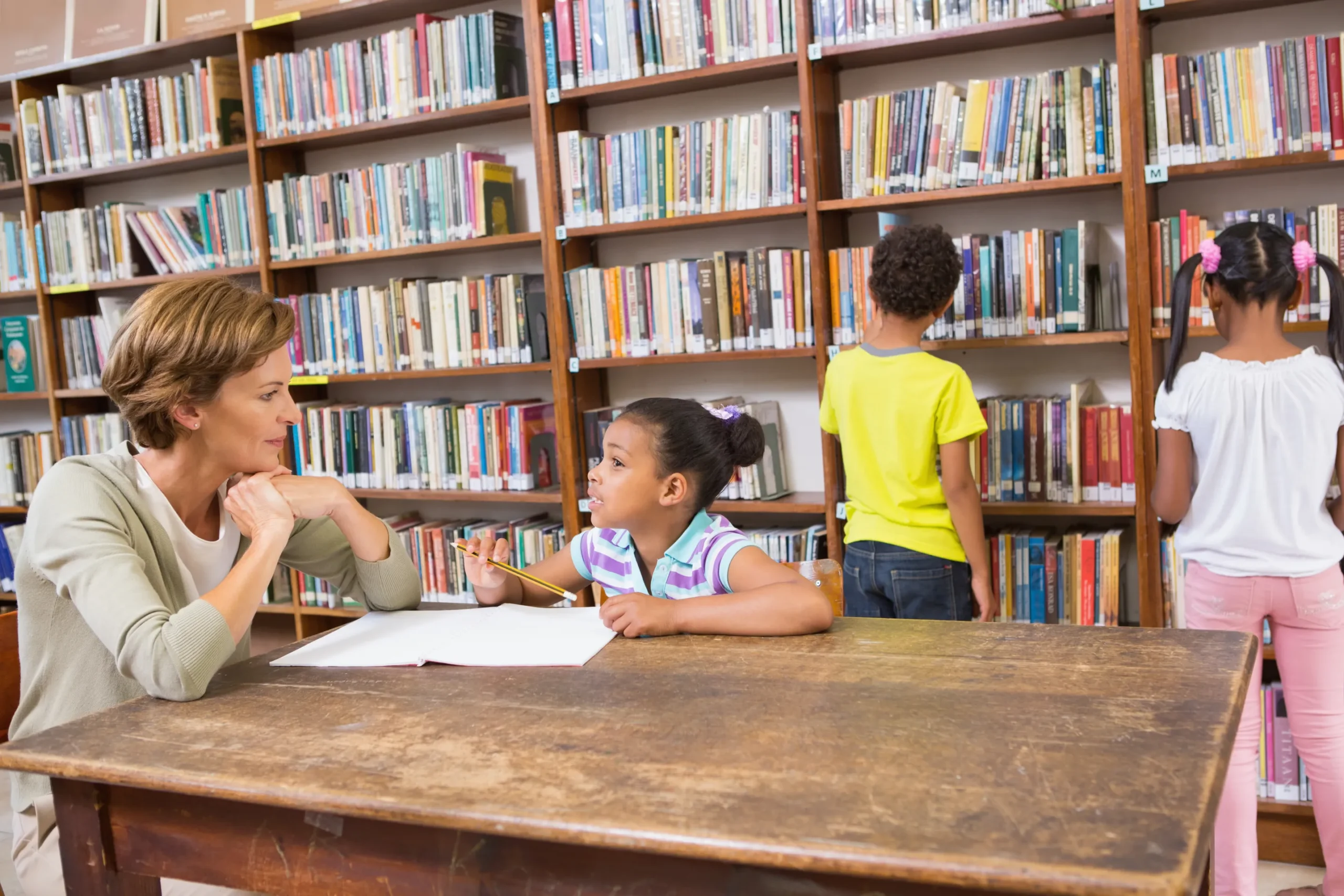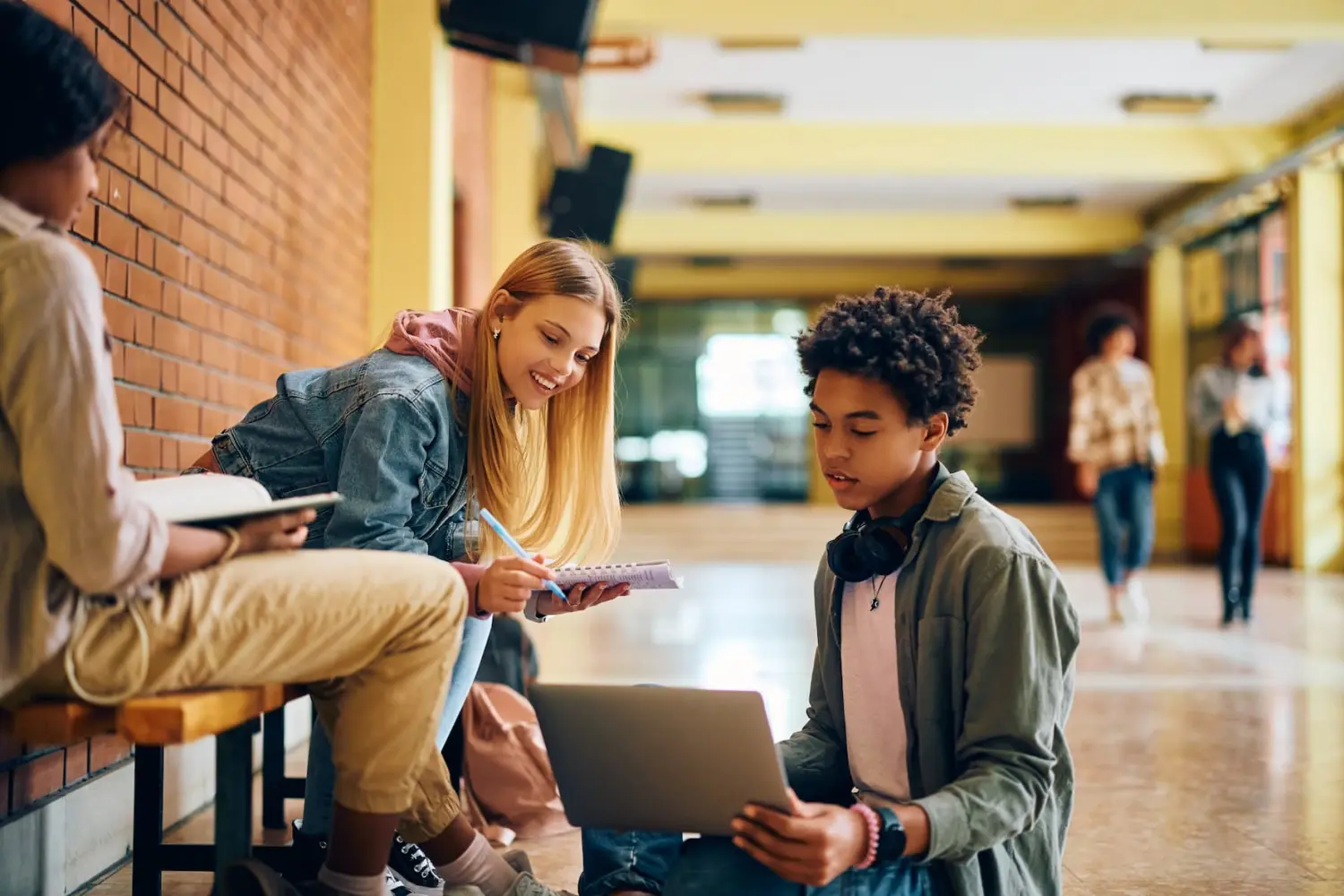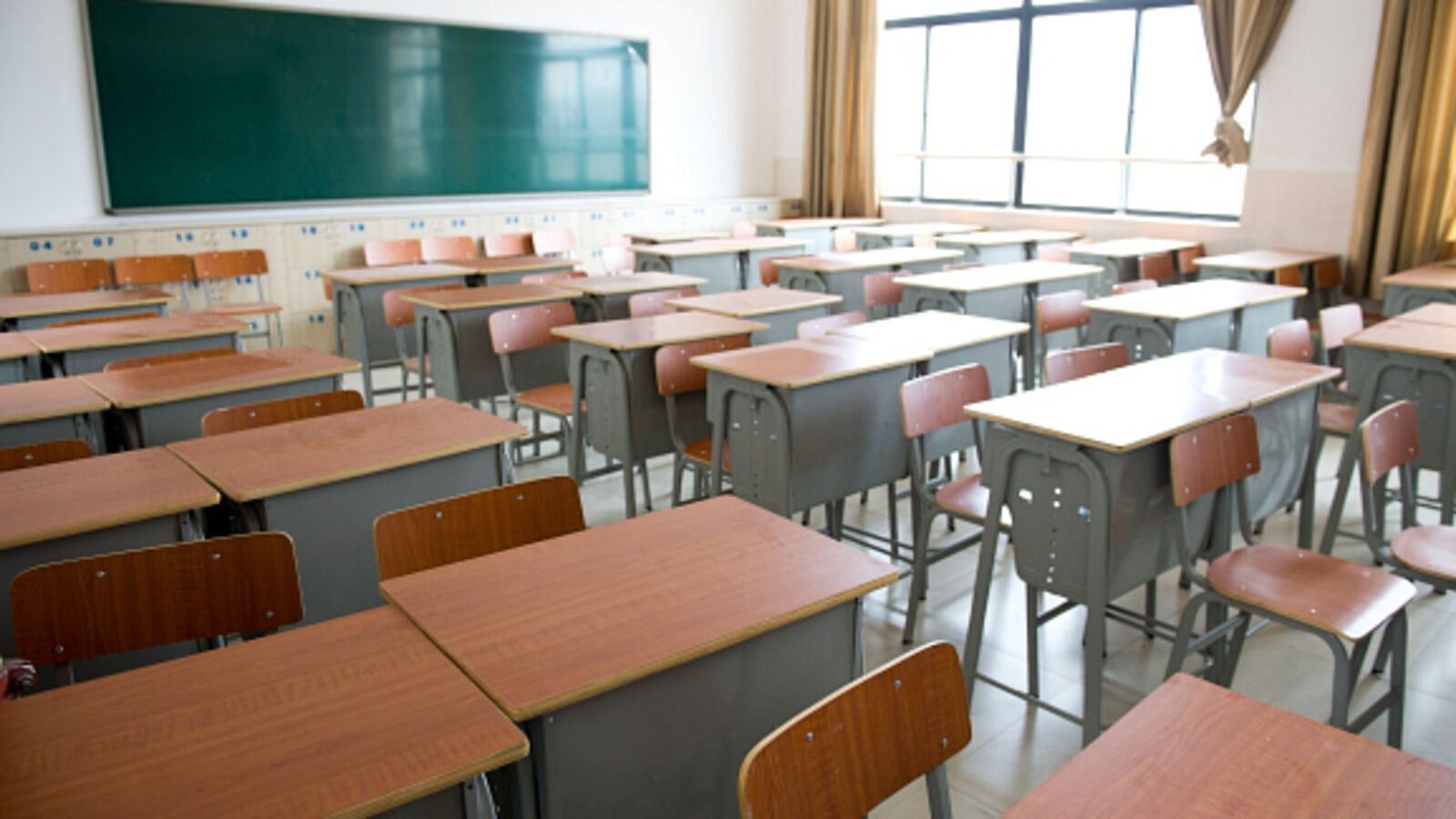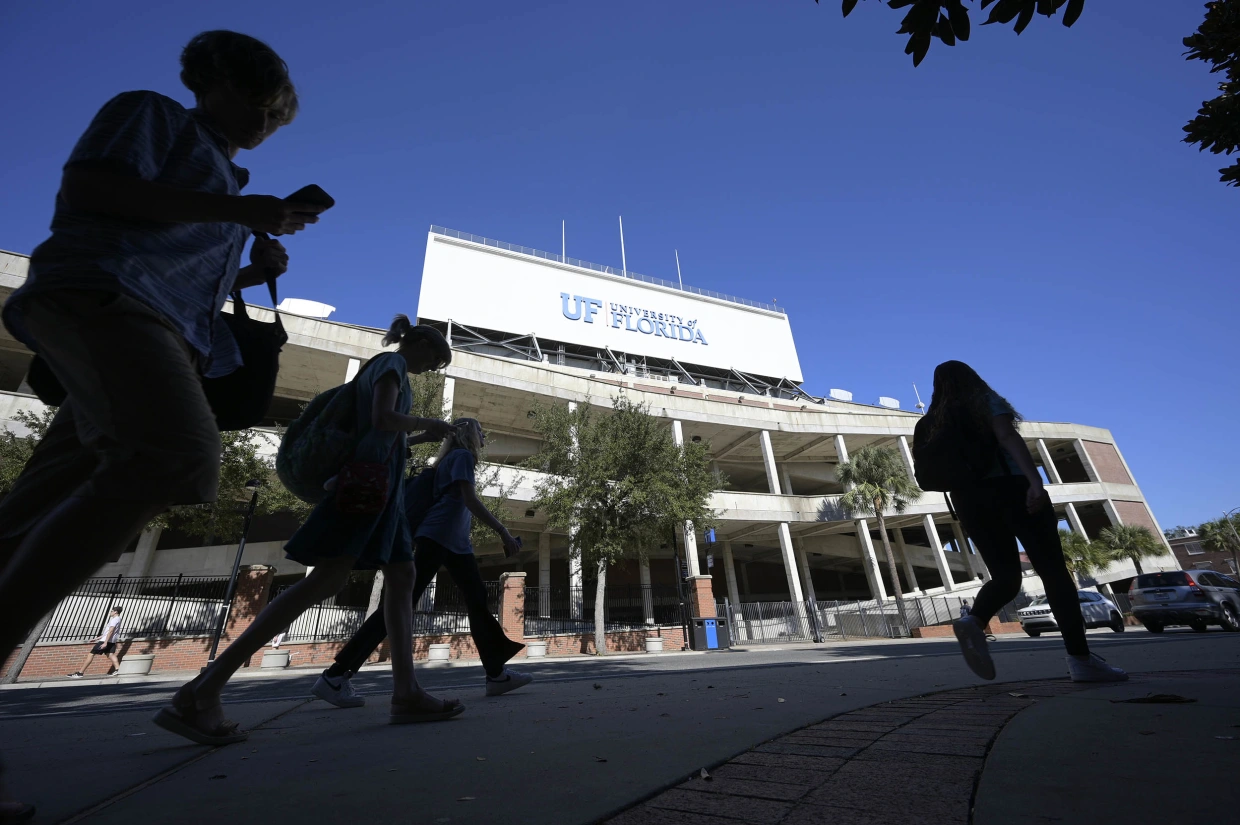As the pandemic’s grip loosened, school bells rang, but echoes of the upheaval lingered. A deep dive into the 100 largest school districts unveils a shifting enrollment landscape. Some districts witnessed a surge of newcomers, swelling their rosters. Others grappled with a dwindling student population, leaving empty seats in once-bustling classrooms. The pandemic’s ripple effects continue to shape the educational ecosystem, leaving educators and policymakers navigating a transformed terrain.
Education
A Reading Expert’s Case for Rethinking Fluency
In an era where fluency is often hailed as the pinnacle of reading instruction, a renowned reading expert challenges established beliefs. Drawing from research and extensive experience, Dr. Emily Hanford posits that our relentless focus on speed and accuracy may be obscuring deeper reading comprehension issues. She argues that genuine fluency encompasses not just the ability to decode words but also to engage cognitively with the text, making inferences, connecting ideas, and critically analyzing content.
Hanford’s compelling case prompts us to reassess our definition of fluency and reframe our instructional practices. She advocates for a balanced approach that fosters both technical proficiency and critical thinking skills. By embracing this broader perspective, we can empower students to become truly literate individuals, capable of navigating complex texts with comprehension, engagement, and joy.
Colleges rebrand humanities majors as job-friendly
Faced with declining enrollments, colleges are rebranding humanities majors as pathways to careers. No longer seen as ivory tower pursuits, humanities degrees are now marketed as providing essential skills for a rapidly changing job market. From data analysis to problem-solving, humanities majors are finding themselves in boardrooms and innovation labs, proving that a liberal arts education can lead to a successful and fulfilling career.
These Schools Are Banding Together to Make Better Use of AI in Education
In an unprecedented collaboration, a network of leading schools is pooling their resources to harness the transformative potential of AI in education. These institutions are determined to leverage AI’s capabilities to enhance learning experiences and prepare students for the challenges of the 21st century. From personalized learning platforms to automated grading systems and data-driven insights, the collaboration aims to revolutionize educational practices. By sharing knowledge, expertise, and best practices, these schools are paving the way for a future where AI empowers students to reach their full potential and educators to unlock new frontiers of teaching and learning.
Should Instructors Ask Students to Show Document Histories to Guard Against AI Cheating?
The specter of AI cheating looms large over higher education, challenging traditional methods of assessment and creating an urgent need for innovative solutions. One such strategy proposed is the examination of students’ document histories, offering a potential glimpse into the writing process and revealing any suspiciously rapid or automated progress. However, this approach raises questions about privacy and the potential for false positives, warranting thorough consideration before widespread adoption.
Want to Create a Respectful Classroom? These Digital Resources Can Help!
Digital tools can revolutionize your classroom, making it a more welcoming and respectful space. From online collaboration platforms to interactive games, there are countless resources available to help you foster a positive and inclusive learning environment. Let’s explore some of the best digital resources that can transform your classroom into a hub of respect and collaboration!
Little school on the prairie: How keeping school land wild can combat climate change
A compact corner of land sprawls within a sea of Nebraska farmland, and Prairie Heights Community School claims ownership. However, no structures stand on the land; it is completely undeveloped. This school district is pioneering a revolutionary approach to climate change mitigation: safeguarding undeveloped school lands rather than selling them for development. Research shows that preserving these lands can make a significant impact on carbon capture, benefiting both the school district and the planet.
Judge recommends lifting Florida’s ban on hiring students from China
In a groundbreaking move, a Florida judge has recommended overturning the state’s ban on hiring students from China. The controversial prohibition, enacted in 2018, has drawn widespread criticism from educators and businesses alike, who argue it perpetuates discriminatory practices and stifles innovation. The judge’s recommendation, while not binding, sends a strong signal that the ban may soon be a thing of the past, paving the way for Florida’s universities and workforce to embrace a diverse and talented pool of students and professionals.

